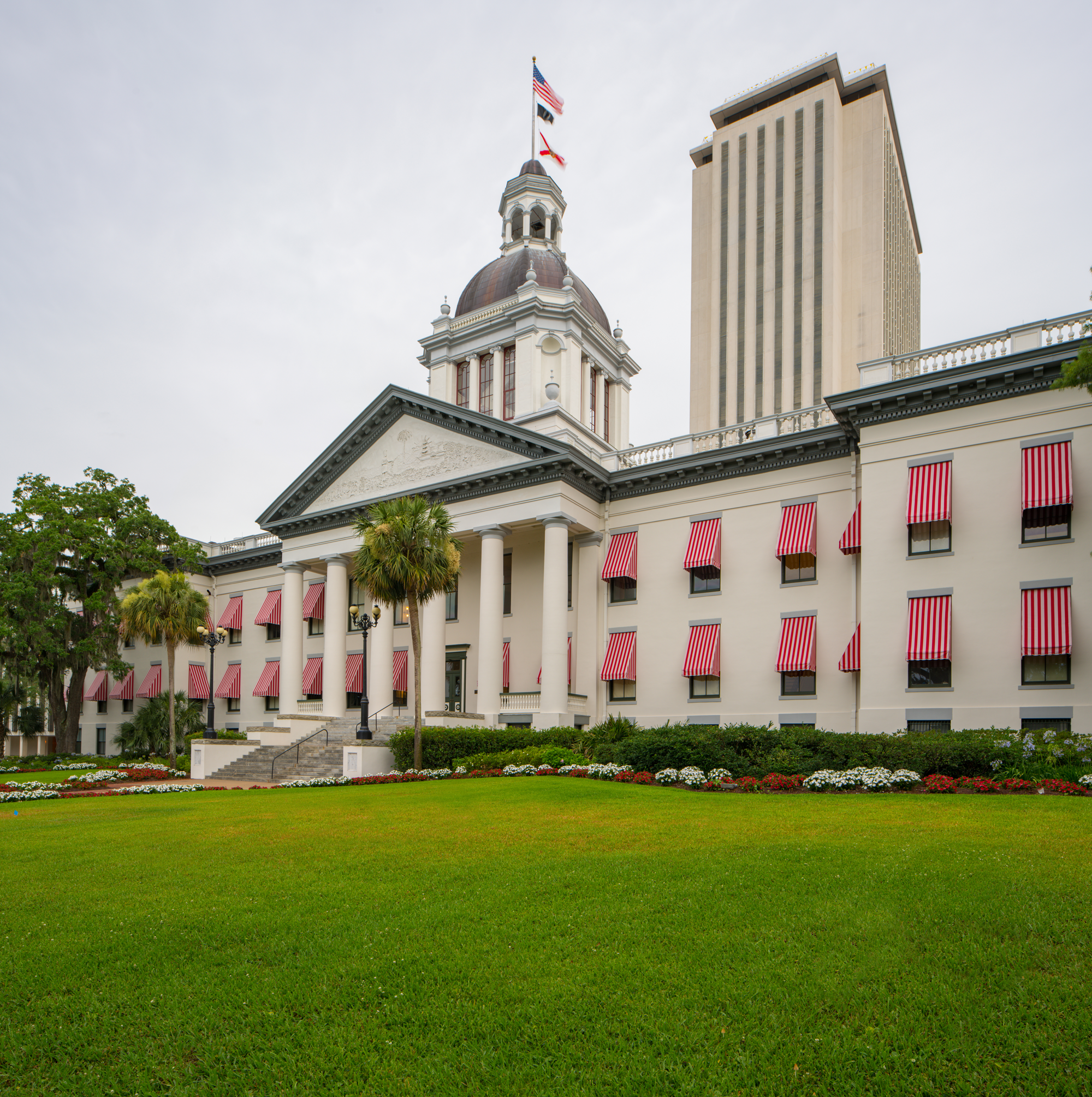Black History Month: Insurance Industry Trailblazers
February 1st 2023
This month, we would like to shine a light on the African Americans that have served throughout America’s history as trailblazers in the insurance industry despite the numerous obstacles they faced. They have not only served their community, but they have led by example and indoctrinated the ideal of neighbors helping neighbors throughout the country’s insurance businesses. These American trailblazers have helped to shape what we understand today to be the insurance carrier, broker, reinsurer, and captive.
While Pennsylvania was the first state to abolish slavery, the Commonwealth’s financial institutions continued to profit off their labor and even their lives underwriting the cargo ships that brought them to America’s auction blocks. Far ahead of the times, in 1810, the African Insurance Company was established in Philadelphia. Led by Joseph Randolph, Cyrus Porter, and William Coleman, it was patterned after the Free African Society, which had been established in 1787 as a precursor to insurance for freed Blacks to provide mutual aid and self-help in which the church couldn’t alone provide. While it only remained in business for three years, the insurance company served as a catalyst for and the recognition of the need to serve American Blacks.
Julius Caesar Chappelle, a Massachusetts state legislator who was born enslaved introduced the first legislation in 1884 to ban insurers from using race as a factor to determine premiums and coverage. Despite fierce opposition, the bill passed, and nine Northern states quickly followed suit.
In 1898, North Carolina Mutual Life Insurance Company was founded by seven local businessmen. Founders and administrators Aaron McDuffie Moore, John Merrick, and Charles Clinton Spaulding laid the foundation for modern insurance. Business grew quickly and in 1906, N.C. Mutual moved the company headquarters to a two-story brick building on Parrish Street, which was ultimately a strategic move to purchase and then rent to businesses most of the buildings on that thoroughfare, which soon became known as Black Wall Street.
At the time, NC Mutual became the largest black-owned business in the United States. Moore, Merrick, and Spaulding are believed to be the first to intwine the “neighbors helping neighbors” philosophy into the insurance business and their contributions helped form the pillars of today’s insurance, including real estate, property and life insurance, philanthropy, education, banking, and more.
In large part due to Spaulding, the National Negro Insurance Association was founded in Durham, NC in 1921. He explained the organization’s mission was to “advance the best interests of insurance among Negroes in America, publish a journal for circulation between companies, recommend insurance related courses at Negro colleges and universities, and to drive from the business all unworthy agents and employees.” In the 1950s, the organization’s name was changed to the National Insurance Association (NIA).
The Supreme Liberty Life Insurance Company was incorporated in 1919 in Chicago and became the first Black-owned insurance agency outside of the southern states. It was founded by Frank L. Gillespie, an Arkansas-native and insurance agent in the “department for colored people” for the Royal Insurance Company. By 1925, Supreme Life had written more than $5 million in insurance policies and opened branch offices in Michigan, Kentucky, Missouri, and Washington D.C. It was one of the few Black insurance companies to survive the Great Depression and expanded into one of the nation’s largest minority insurance companies detailed in Robert C. Puth’s journal article “Supreme Life: The History of a Negro Life Insurance Company, 1919–1962.”
In the 1940s, the National Association of Insurance Commissioners (NAIC), a standards-setting body for state insurance regulators, adopted the Unfair Trade Practice Act, but also published data that justified higher premiums for African Americans based on higher mortality rates. Despite new NAIC approved race-integrated rate tables for life insurance in the 1960s, smaller companies continued to use the discriminatory tables.
But, also in 1960, the NIA had 46 members. These insurance companies spanned the country and were all owned and operated by African American businessmen. According to reports, collectively, they had $1.65 trillion in policies and $300 million in assets. It is unclear when, but the NIA eventually shuttered its doors. Filling the void was the National African American Insurance Association, founded in 1997 in Cincinnati, Ohio by Jerald L. Tillman. The association currently has 21 chapters across the country.
According to a Philadelphia Inquirer investigative report, between 2000 and 2004, 16 cases brought against insurers for race discrimination were settled covering 14.8 million policies sold by 90 American companies between 1900 and the 1980s. More recently, the NAIC has formed a committee focused on race and insurance that discusses and seeks to address racial disparities in the industry. NAIC also launched a new project to coordinate efforts across the industry to identify racial and other biases that exist within algorithms and complex predictive models used in the marketing, underwriting, and handling of claims in insurance.
While progress is being made, there remains much work to do for insureds and those seeking a career in the insurance industry. A 2018 study on The Journey of African-American Insurance Professionals found that “there is a serious deficiency throughout the insurance industry in African-American leadership and other levels of employment.” In September, Congress published its report “A Review of Diversity and Inclusion at America Insurance Companies” indicating that in 2021 insurance employees were comprised of only 13.2% Black or African American, 6.4% Asian, and 11.8% Hispanic or Latino individuals.
February also happens to be Insurance Careers Month and Davies will be featuring current employees as well as industry career statistics and job openings in the hope of encouraging more individuals to explore the insurance business trade.
-
January 30th 2023
Davies Strengthens its Global Consulting and Technology Capability Through the Acquisition of U.S.-based Insurance Specialist Consulting Business, MVP Advisory Group
Nashville, TN – Davies, the leading specialist professional services and technology business, serving…
-
January 23rd 2023
Davies Expands its Global Technology Offering with Acquisition of U.S. Claims Management Software Provider, ClaimPilot
Nashville, TN – Davies, the leading specialist professional services and technology business, serving…
-
January 24th 2023
Four Key Takeaways from Florida’s Legislative Property Insurance Overhaul
There are new property insurance rules for Florida’s insurance carriers requiring elaborate document…
-
December 20th 2022
The Legal Gymnastics of Faked Car Accidents
Originally published in Claims Litigation Management Magazine (December 2022). Reproduced with permission of the…
-
September 12th 2024
Davies appoints Paul O’Brien as the firm’s first Group Chief AI Officer
Davies, the leading specialist professional services and technology company, has today announced the…
-
January 2nd 2025
Davies appoints Matt Button as Deputy Group CEO as firm invests for the future and unveils its Vision-2030 strategy
Davies, the leading specialist professional services and technology company serving insurance and highly…





